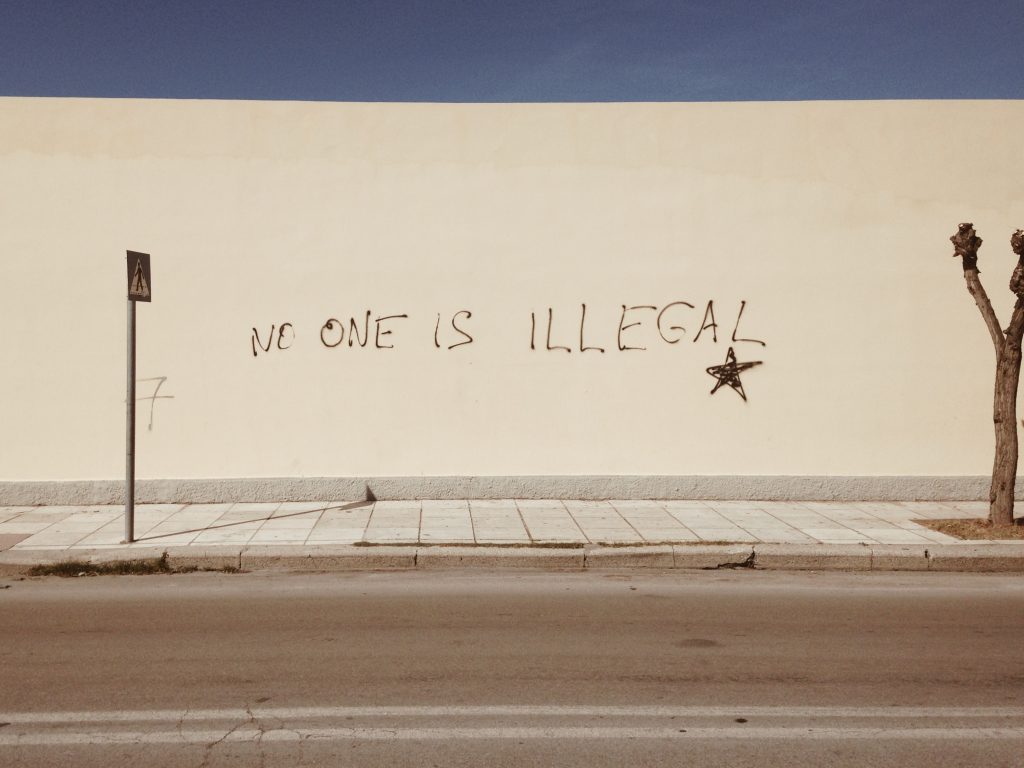
When Can the Human Rights be Used?
Human Rights are the basic rights and freedoms that belong to every person in the world. They are mostly influenced by the European Convention on Human Rights (ECHR), with the Human Rights Act 1998 (HRA) setting out the main principles of the ECHR in UK law.
Human rights are as follows:
● The right to life: protects your life, by law. The State is required to investigate suspicious deaths and deaths in custody.
● The prohibition of torture and inhuman treatment: you should never be tortured or treated in an inhuman or degrading way, no matter what the situation.
● Protection against slavery and forced labour: you should not be treated like a slave or subjected to forced labour.
● The right to liberty and freedom: you have the right to be free and the State can only imprison you with very good reason – for example, if you are convicted of a crime.
● The right to a fair trial and no punishment without law: you are innocent until proven guilty. If accused of a crime, you have the right to hear the evidence against you in a court of law.
● Respect for privacy and family life and the right to marry: protects against unnecessary surveillance or intrusion into your life. You have the right to marry and enjoy family relationships.
● Freedom of thought, religion and belief: you can believe what you like and practise your religion or beliefs.
● Free speech and peaceful protest: you have a right to speak freely and join with others peacefully, to express your views.
● No discrimination: everyone’s rights are equal. You should not be treated unfairly – because, for example, of your gender, race, disability, sexuality, religion or age.
● Protection of property: protects against state interference with your possessions.
● The right to an education: means that no child can be denied an education.
● The right to free elections: elections must be free and fair.
● In summary, the Human Rights Act 1998 preserves your right to defend yourself from basic rights from public organisations in UK courts. Under the legislation, public bodies (including the Government, the Courts, regulators, local authorities, defence forces, the police, or the prison services) must treat individuals with equality and respect.
When Can You Exercise Your Human Rights?
There are multiple occasions where an individual may want to or feels the need to exercise their human rights. For example, if you feel as though your Human Rights have been breached in the workplace due to bullying and harassment based on your religious beliefs, or if you have been mistreated by a local authority, you may want to take action. There is no single or right way to deal with this, however, as it depends on the content of your situation.
Further examples of breaches of Human Rights include, but are not limited to:
● Being imprisoned without charge or conviction
● Being unfairly trialled, including being tortured
● You or someone you know has been severely mistreated in a Care Home
● You have been denied the right to private correspondence, even when in jail
● Not being allowed to serve in the army due to sexual orientation
● You or someone you know has been abused – this includes mentally, sexually or physically
If you are wanting to open a claim that a public authority, local authority, the police or the NHS has breached your basic Human Rights, you can take your case to court. You must keep in mind that taking a case to court can be a very long and stressful process, so it’s important to have a reliable representative to guide you through your case, as often taking a case to court is the only way to proceed.
What Actions Can You Take?
Making an informal complaint
It is often best to try and resolve the issue informally first. You can do this by talking to the people involved, to your line manager or someone in your HR Department if you have one.
Here’s some things you should mention when making an informal complaint:
● Description for what happened
● Names and job titles of people involved
● Dates and times incidents occurred
● Any physical evidence such as screenshots
● What you want out of the complaint
Making a formal complaint
If someone internally cannot resolve the issue informally, you may make a formal complaint. If your company has a formal complaints procedure, you should follow this. However, if there is no complaints procedure, you may formally complain in writing.
Here’s what you should do when making a formal complaint:
● Include a detailed description of what happened
● Dates and times of incidents
● Name of everyone involved
● Highlight what you want to happen as a result of the complaint
Taking legal action
If you have exhausted all prior efforts then you may wish to take legal action. You can use your Human Rights to strengthen your claim, for example, you have been discriminated against under The Equality Act 2010. Before you continue, you must first think about what it is you want from this case. You may be looking for compensation, an official apology or to simply have things put right. Make sure you are clear on what you want to achieve and disclose this to your representative should you have one.
If you need further advice and information on Human Rights or you are looking to make a complaint or claim against an organisation, get in touch with us here at RKB Law. Our expert solicitors will offer you honest advice and ensure you are provided with the best possible options for your unique case.
Sources:
https://www.equalityhumanrights.com/en/human-rights/exercising-your-human-rights
https://www.citizensadvice.org.uk/law-and-courts/civil-rights/human-rights/what-are-human-rights/
https://www.libertyhumanrights.org.uk/human-rights/human-rights-act
